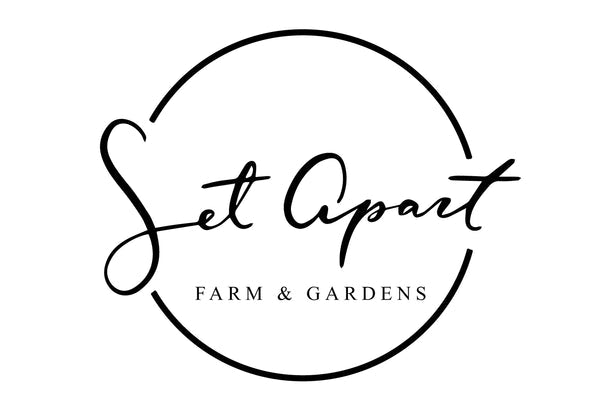Proven Winners
Proven Winners Supertunia Blue Veined
Proven Winners Supertunia Blue Veined
FREE SHIPPING ON ORDERS OVER $189! 15 % OFF PLANTS SALE! Choose Your Ship Week Below! Rated Best In Plant Packaging!
"Please ensure that you select the correct shipping week based on your zone. If you're unsure, kindly refer to our Zoning Guide Page for assistance."
Low stock: 78 left
Pre-Orders Ship in Spring of 2025 on Your Chosen Ship Week
Couldn't load pickup availability
FEATURES
My COLOR cannot be CONTAINED.
Supertunia Trailing petunias are very strongly trailing, with very little height. They will function as spillers in containers, but are also good as front-of-the-bed plants for landscapes. If your goal for hanging baskets or window boxes is to have the plants be as long as possible, Supertunia Trailing is the best choice. They have small flowers.
Best Seller
Award Winner
Continuous Bloom or Rebloomer
Long Blooming
Heat Tolerant
Deadheading Not Necessary
Drought Tolerant
Attracts:
Butterflies
Hummingbirds
CHARACTERISTICS
Plant Type: Annual
Height Category: Short
Garden Height: 4 - 12 Inches
Trails Up To: 36 Inches
Spacing: 12 - 18 Inches
Spread: 24 - 36 Inches
Flower Colors: Purple
Flower Shade: Lavender
Foliage Colors: Green
Foliage Shade: Green
Habit: Mounding Trailing
Container Role: Spiller
PLANT NEEDS
Light Requirement: Part Sun to Sun
The optimum amount of sun or shade each plant needs to thrive: Full Sun (6+ hours), Part Sun (4-6 hours), Full Shade (up to 4 hours).
Maintenance Category: Easy
Bloom Time: Planting To Hard Frost
Hardiness Zones: 10a, 10b, 11a, 11b
Water Category: Average
Soil Fertility Requirement: Average Soil
Uses: Container
Edging Plant
Groundcover
Landscape
Mass Planting
Uses Notes: Use in hanging baskets, window boxes, landscaping and combinations planters.
Maintenance Notes: These are heat tolerant plants, that aren't particularly fussy and need little routine maintenance. They will perform best if an application of controlled release fertilizer is included at the time of planting. This applies to both landscape and container plantings. Supertunias are heavy feeders, but a single dose is usually sufficient for landscape beds in most climates. If you have a very long season, a second application of controlled release plant food should be considered for landscape plantings. In general, containers need to be fed more than landscape plants. Supertunias in containers will need to be fed more regularly to be their absolute best. A second application of a controlled release fertilizer can be applied about every two months to container plants, which will help. However, for the very best performance I find regularly applying water soluble fertilizer starting about two months after the containers are planted gives the best results. These extra applications of plant food really makes a difference in performance through the summer.If your plant begins to look open or a bit tired, an allover trim can be beneficial. Use a sharp pair of scissors or pruning shears to trim back up to 1/3 of the volume of the plant. I pair any trim with a dose of water soluble fertilizer to provide instant energy to help kickstart new growth, branching and flowering. Your plant will take a week to recover from the trim, but the end result is a fuller plant with more blooms going forward. You may repeat the trim as needed through the season.






